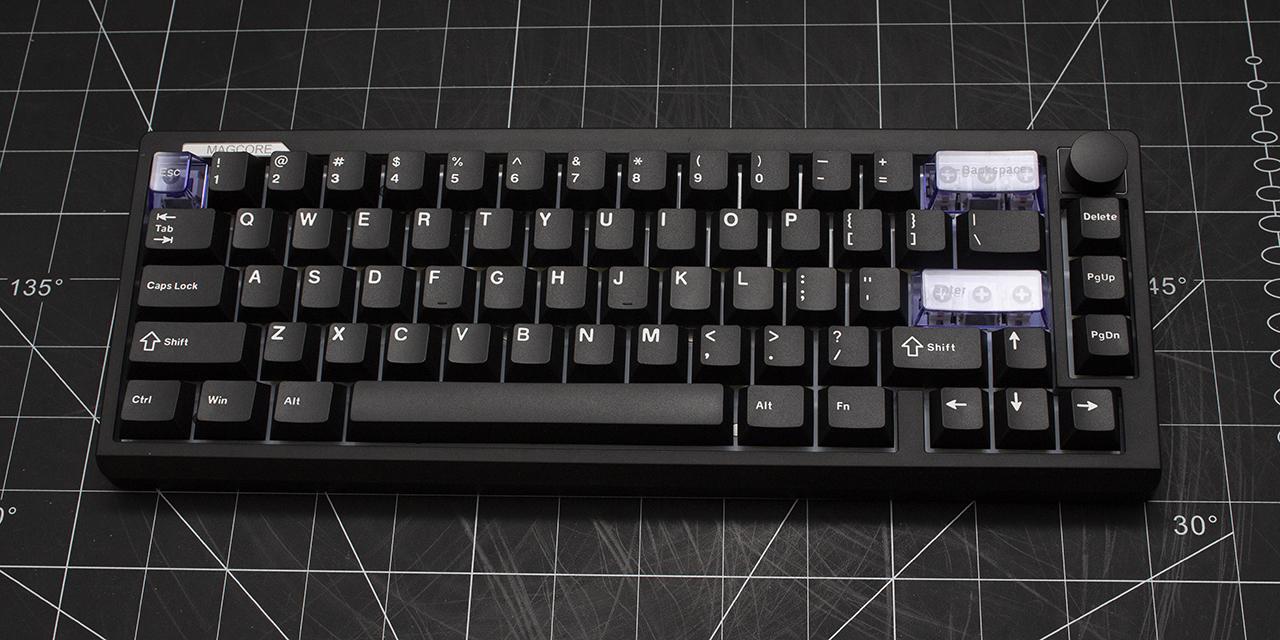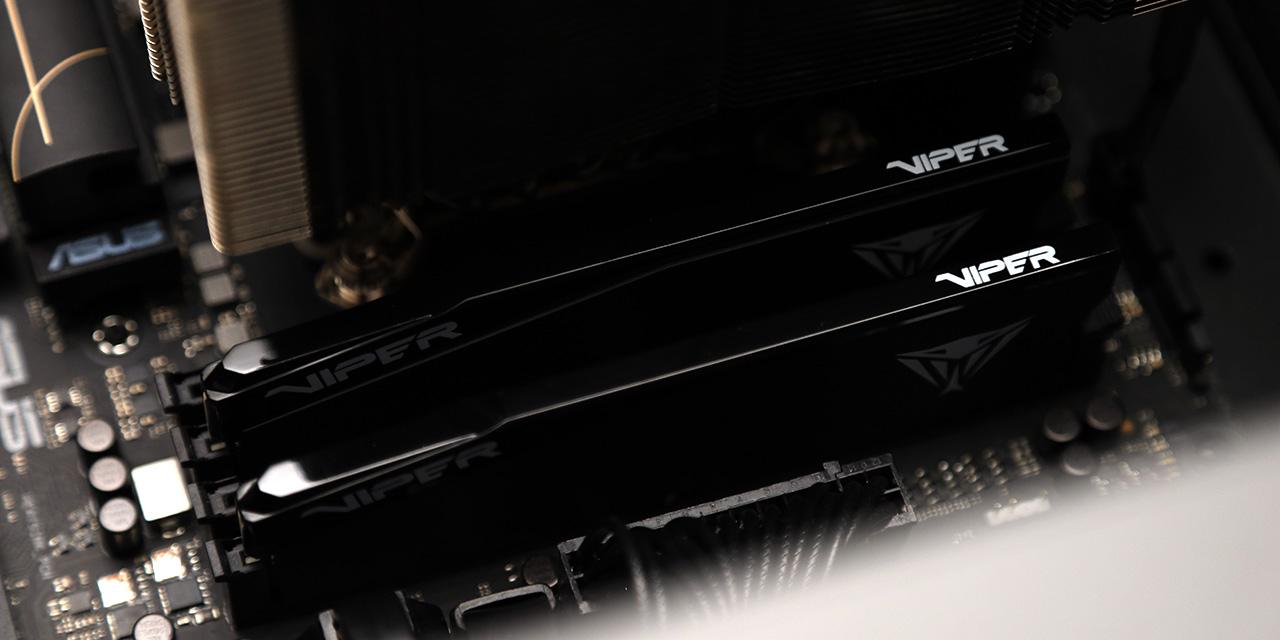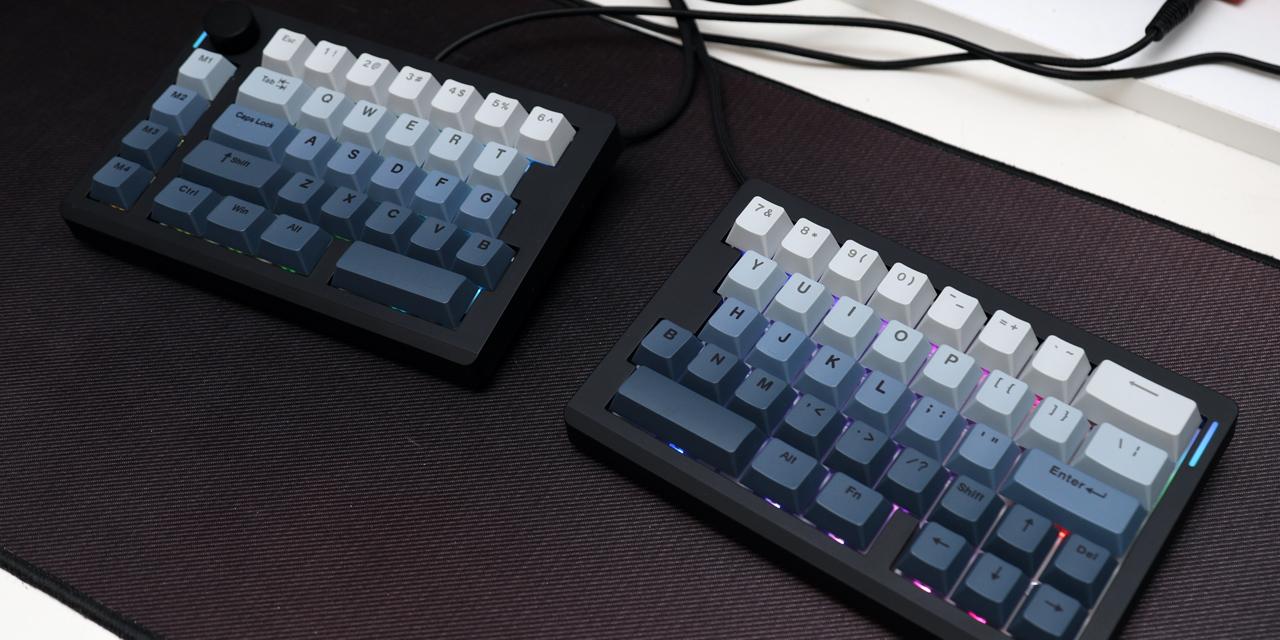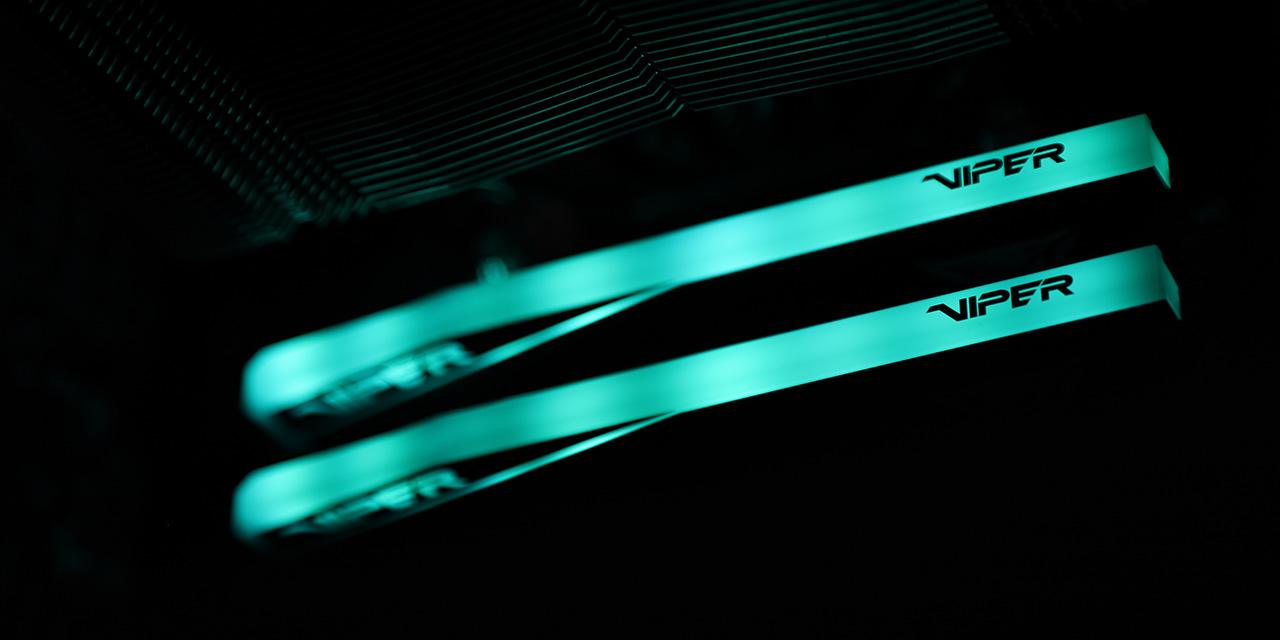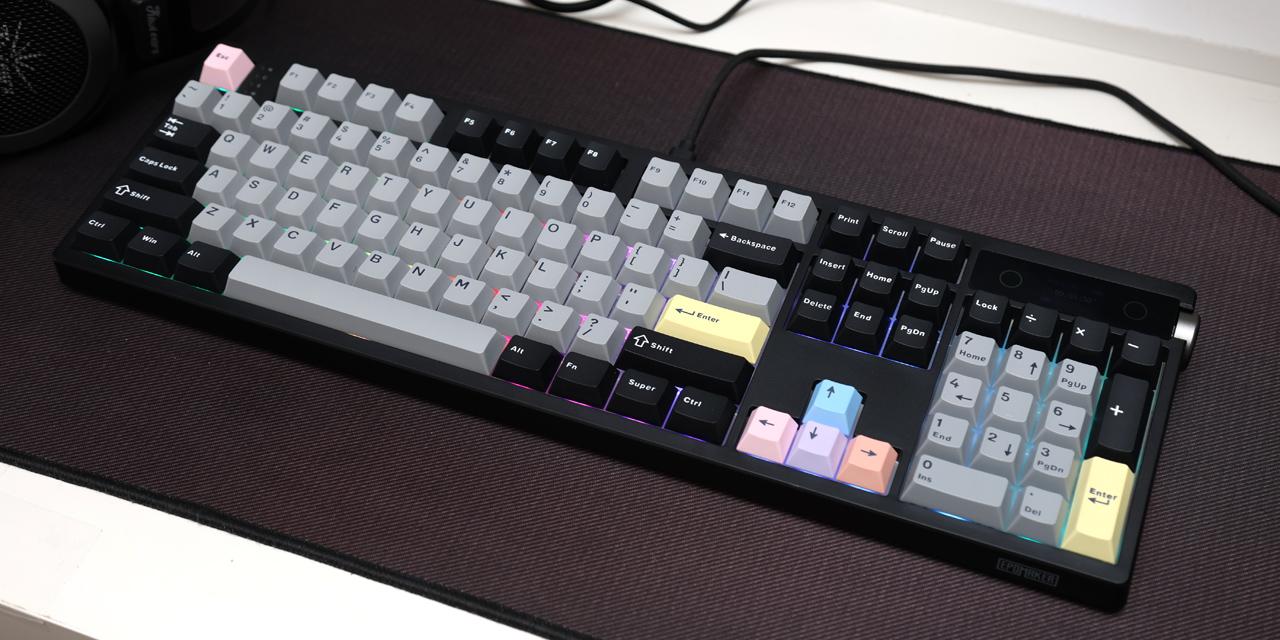|
From X-bit Labs: Advanced Micro Devices has intentions to install its chips into slate-type personal computers going forward, but at the same time it has no plans to develop direct competitors to system-on-chips (SoCs) based on designs developed by ARM holdings, such as those that power smartphones or the most popular tablet at present, the Apple iPad. "I do not foresee that day [when AMD competes with ARM is] coming in the near term. First of all, when we consider which areas to approach, we look at markets, we look at the technology capabilities we have, and we try to find an intersection point that really represents really big opportunities. By far the biggest business opportunity we have got is in PCs and servers. The market for silicon processing content is bigger than the smartphone market. [...] The other thing we really like about our core market is that there aren't that many competitors [...]. I would rather focus on the big market, where there's a small number of competitors," said Dirk Meyer, chief executive officer and president of AMD, in an interview with the Fortune magazine. Historically companies like AMD and Intel focused on advancements of x86 micro-architecture in terms of performance, scalability and so on without significant concentration on keeping power consumption as low as possible, whereas ARM Holdings focused on small performance advancements amid decreases in consumption of power. However, in recent years Intel announced intentions to participate on the market of smartphones, whereas ARM indicated that it chips could power servers. Both plans seem to be rather hard to accomplish and the success of both companies is not cast on stone, which is AMD's cautious approach seems to be rather logical. Nonetheless, AMD does understand that the markets of ultra-portable devices are only going to grow and the company is sure that over time it will be able to address the developing market of tablets. It remains to be seen whether AMD will be able to address the market of slates with the forthcoming Bobcat/Ontario generation of products, or it will wait for future chips. "We view the tablet market as something we'll enter when the market gets big and we have the resources to appropriately address it. [...] I do not think we can ignore in the long term what is going on with mobility, the fact that people's eyeballs are spending more time in front of things like tablets and smartphones. We are ensuring that we are developing the technology that will, over time, address these markets. It's not a 'not-ever,' it's just a 'not now' statement [about ARM]," Mr. Meyer clarified. View: Article @ Source Site |
 |
AMD Will Not Compete Against ARM System-on-Chip Devices
© Since 2005 APH Networks Inc. All trademarks mentioned are the property of their respective owners.
